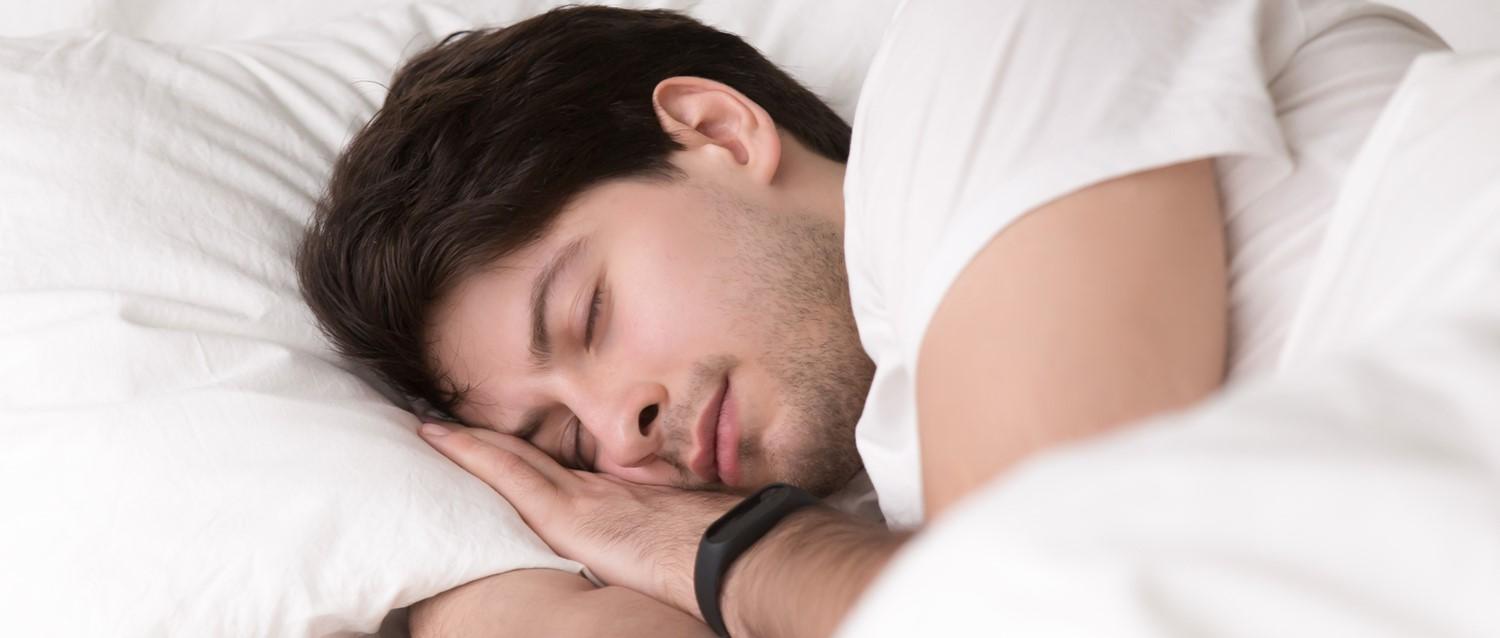
How revenge bedtime procrastination affects your health - and how to avoid it
Peer reviewed by Dr Krishna Vakharia, MRCGPLast updated by Lydia SmithLast updated 14 Jun 2023
Meets Patient’s editorial guidelines
- DownloadDownload
- Share
- Language
- Discussion
If you’ve ever stayed up late scrolling on your phone when you know you should be asleep, you’re not alone. You stay awake until the early hours to watch one more episode on Netflix, but when the morning rolls around, you’re exhausted. It’s something many of us do - and it’s called revenge bedtime procrastination.
In this article:
Video picks for Sleep and insomnia
What is revenge bedtime procrastination?
The phrase 'bedtime procrastination' was first used in a 2014 study, but the revenge aspect originated in China. It was used to describe how Chinese workers working long shifts would stay awake for longer - and put off going to sleep - as a way of reclaiming control of their time1.
Now, it's something many of us do to get more leisure time, explains Counselling Directory member and therapist Fiona Austin.
“The idea is that we spend so much of our time working, taking care of others and doing things we don't necessarily want to do, that staying up late and indulging in some 'me time' is a way to make up for lost time,” she explains.
"If you have a busy day at work and don't get home until late, you might feel like you haven't had any time for yourself," says Austin. "So instead of going to bed at a reasonable hour, you stay up late watching TV or scrolling through social media, even though you know you'll be tired and grumpy the next day."
Staying up late every so often is unlikely to have a long-lasting impact. However, persistently not getting enough sleep is linked to a whole host of physical and mental health problems, including high blood pressure, stroke, obesity, anxiety and depression2.
How to avoid revenge bedtime procrastination
Back to contentsIt’s easy to fall into the habit of staying up late, but there are steps you can take to break that cycle. Here are some easy ways to help you get a good night’s sleep.
Set a bedtime for yourself
Getting into a routine is important. Although you might have the odd late night, having a routine may mean you’re more likely to go to bed at a reasonable time more often.
Start off by going to bed when you’re tired and try getting up at the same time every day. Gradually, your body will fall into a pattern. You can also try making sure your sleeping environment is an inviting one so that going to bed is something you enjoy and look forward to doing. Gentle stretches, yoga, reading, meditation and breathing exercises are all helpful ways to help de-stress and relax before sleep.
"Decide on a specific time to start winding down and stick to it as much as possible," says Austin. "If you're constantly tired, you're more likely to feel the need to reclaim your time by staying up late. Try to prioritise sleep as much as possible, and make sure you're getting enough each night."
Carve out time each day for you
Counselling Directory member Jodie McCormack says that making time during the day to do things that you enjoy may mean you don’t have to choose between sleep or your favourite show.
"When already pushed for time, this may seem difficult, but it is possible to carve out small moments of joy around a busy day. For example, you can make time for a tasty breakfast, listen to a podcast on your commute or exercise on your lunch break."
Set boundaries around screens
Although it’s important to give yourself time to catch up on social media or your favourite TV programmes, try to limit your screen-time in an evening. This will help to remove the temptation to stay up late.
"Set some boundaries around your use of technology in the evening. For example, turning off your phone or computer an hour before bed."
Continue reading below
Further reading
Back to contentsPatient picks for Sleep and insomnia

Healthy living
What are sleep trackers and do they work?
Sleep trackers have experienced a surge in popularity over recent years. As a nation, we seem to be extremely curious about what's happening with our bodies while we sleep. But, before you start spending money on sleep tracking devices or downloading apps, it may be helpful to understand a bit more about how and whether they work.
by Emily Jane Bashforth

Healthy living
Is bed rotting helping or harming our health?
In the late 1960s, John Lennon introduced the world to ‘bed peace’. More than half a century later, beds are still being used to turn everyday rest into cultural statements or wellness trends. In recent years, TikTok has been flooded with the ‘bed rotting’ movement. We explain what it is, if it’s actually good for you, and whether it’s as gross as it sounds.
by Victoria Raw
Continue reading below
Article history
The information on this page is peer reviewed by qualified clinicians.
14 Jun 2023 | Latest version
14 Jun 2023 | Originally published

Ask, share, connect.
Browse discussions, ask questions, and share experiences across hundreds of health topics.

Feeling unwell?
Assess your symptoms online for free
Sign up to the Patient newsletter
Your weekly dose of clear, trustworthy health advice - written to help you feel informed, confident and in control.
By subscribing you accept our Privacy Policy. You can unsubscribe at any time. We never sell your data.